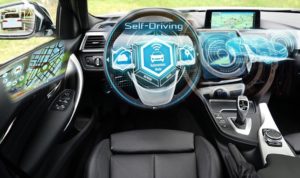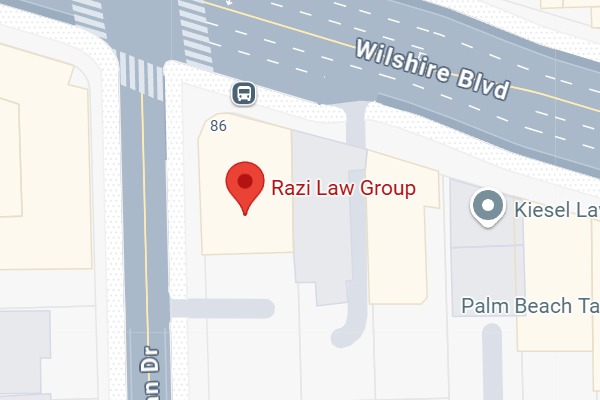Leading Traffic Authority Describes Self-Driving Cars As “Safety Innovations”

Car accidents are the leading cause of personal injury disputes. Government records show that 36,560 people died in car crashes in the U.S. in 2018. What’s more, many of these deaths are preventable. Drunk driving, distracted driving, speeding, and reckless driving all result in dangerous collisions — and just one shift from the auto industry may change that. Self-driving / driverless cars may be the solution to all of these problems.
The National Highway Traffic Safety Administration (NHTSA) Endorses Autonomous Cars. Fortune magazine puts it plainly: “Mark Rosekind, the administrator of the National Highway Traffic Safety Administration, wants you to know the government approves of self-driving cars.” Rosekind also referred to autonomous vehicles as “safety innovations.” Manufacturers are celebrating the endorsement. Reckless drivers, crashes, car accidents, motorcycle accidents, truck accidents, and personal injuries are still very much a problem today. Now it is confirmed that autonomous technology has the potential to significantly curtail the dangers of the road.
What About Self-Driving Trucks?
In 2018, 4,136 Americans died in a crash involving at least one large truck. Additionally, truck accidents are even more unavoidable — with trucks requiring 20 to 40% longer than standard vehicles to come to a full stop. Once again, autonomous technology may be the answer, but personal injury lawyers and personal injury attorneys (also called PI attorneys) may have their work cut out for them for several years yet. The reason? It is likely to take longer for autonomous trucks to take off. While car manufacturers and drivers are largely embracing the potential of self-driving cars, truckers and the trucking industry fear the job cuts that may come along with driver-less semis. As such, they are doing what they can to preserve the trade as-is.
In a few years, there may be significantly fewer car accidents (freeing up car accident lawyers to focus on the most important cases) — thanks to driver-less cars. The widespread use of autonomous trucks is, on the other hand, a much more contentious issue.








